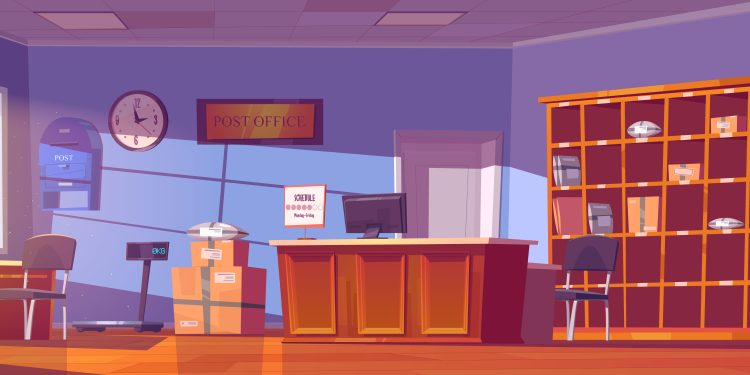Yesterday the U.S. Postal Service (USPS) announced a pilot program offering the opportunity for individuals to cash checks in a few of its branch offices. This is a small pilot and currently the checks that can be cashed in a post office will be limited to payroll and other business checks under $500.00. No word about cashing government checks. According to The American Prospect, the USPS will charge a flat fee of $5.95 which puts it a little higher than other check cashing services. CBS News had further details on the pilot, finding that the cash will be placed on a prepaid card, likely to relieve post offices from having to load up on cash:
The USPS pilot allows customers to use payroll and business checks to purchase gift cards, and is aimed at providing an alternative to traditional check cashing, the USPS spokeswoman said. The gift cards have a limit of $500, and checks larger than $500 won’t be accepted, she added.
Why would the postal service offer a product with such limited appeal? Since there doesn’t seem to be much value in this service, it’s possible the answer is political. Some member of Congress see this pilot as a first step on a path to have the USPS offer not just check cashing services but free or low cost accounts to reduce the ranks of unbanked individuals. This ignores the data in the last FDIC report on the U.S. unbanked population which finds the level of unbanked at an all-time low, and the number of the unbanked that actually want an account is also relatively low. A broad array of financial services are available at a low cost through retail locations like Walmart. Additionally, consumers can easily acquire an account or full banking services online for free through traditional financial institutions or fintech providers. The option of getting a free payroll card or account through an employer is also quite common.
Those that are in rural locations without reliable internet access (and therefore will have difficulty opening a digital account) cannot be ignored, of course, but they will not necessarily be served by a post office either. The postal service has been closing remote post offices with low use for years. If Congress truly wants to get financial services into the hands of more individuals, a focus on expanding reliable broadband services would be more effective.
Overview by Sarah Grotta, Director, Debit and Alternative Products Advisory Service at Mercator Advisory Group











